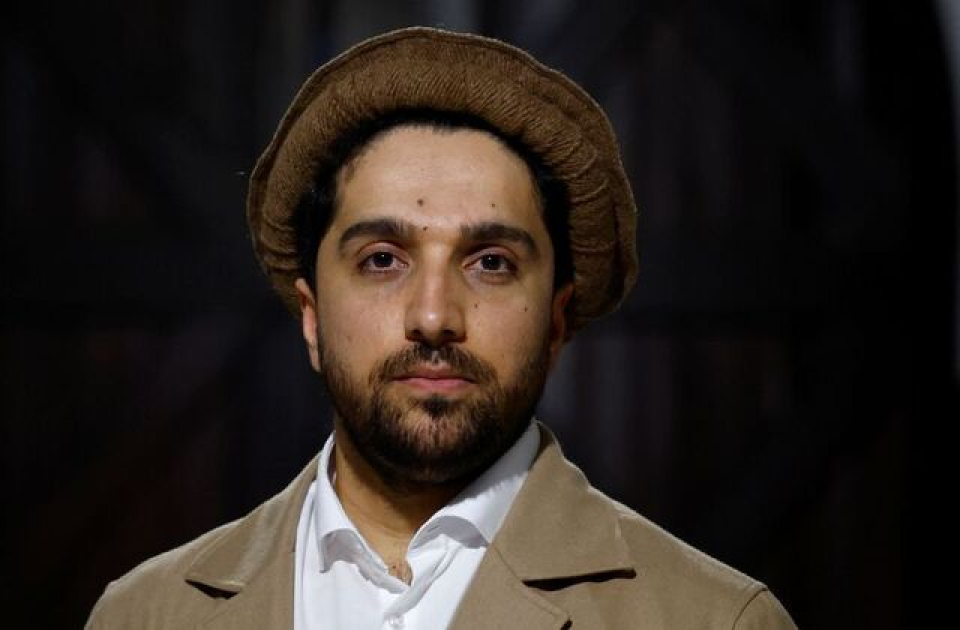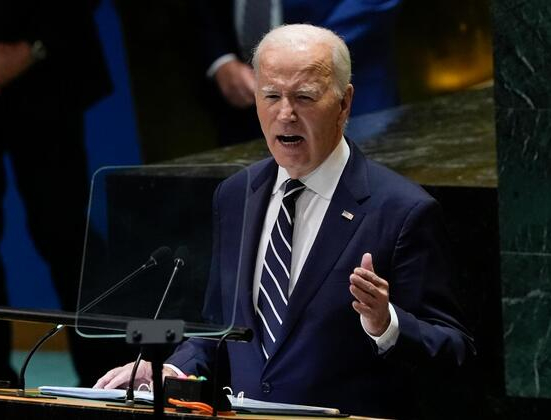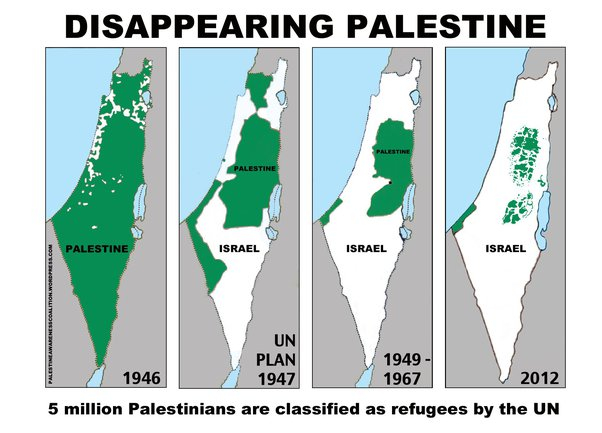In a statement made on Thursday, Ahmad Massoud, the prominent anti-Taliban figure and leader of the National Resistance Front of Afghanistan (NRF), categorically asserted that there are currently no discussions underway with the Taliban aimed at reaching a peaceful settlement. Massoud, who is currently in exile, declared his commitment to intensifying "guerrilla warfare" strategies with the goal of compelling the hardline Islamist group to engage in negotiations.
During an interview conducted in Paris, Massoud emphasized his belief that the Taliban could only attain legitimacy through the democratic process of elections. However, he expressed skepticism regarding the likelihood of such elections occurring in the immediate future. Massoud's remarks underscore the ongoing challenges and lack of progress in diplomatic efforts between his anti-Taliban faction and the Taliban, highlighting the complex dynamics of the Afghan conflict.
The NRF leader's advocacy for a peaceful resolution echoes the broader international sentiment that a political settlement is crucial for lasting stability in Afghanistan. Massoud's insistence on the importance of elections as a pathway to legitimacy suggests a demand for a more inclusive and democratic governance structure, contrasting with the Taliban's historical approach.
The situation underscores the complexities involved in finding a political solution in Afghanistan and the divergent views held by key stakeholders. Massoud's commitment to guerrilla warfare signals a continuation of the armed resistance against the Taliban, reflecting the enduring challenges faced by those opposed to the group's ideology and governance. As the situation unfolds, the international community closely watches for developments that could pave the way for meaningful dialogue and a sustainable peace process in Afghanistan.

















